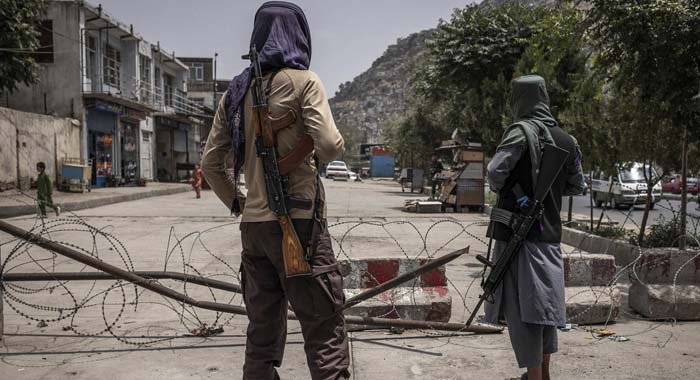The European Union and 13 countries have issued a strong warning over the growing threat of terrorism emanating from Afghanistan, citing increasing concerns about the Taliban’s harboring of extremist groups and its escalating repression of human rights, particularly targeting women and girls.
The high-level meeting, chaired by the United Kingdom in London on September 29–30, brought together envoys from the United States, Canada, France, Germany, Australia, Denmark, Italy, Japan, Norway, South Korea, Switzerland, Turkey, and the EU. Georgette Gagnon, Deputy Special Representative and acting head of the UN Political Office in Afghanistan, provided a detailed briefing on the deteriorating security and humanitarian situation.
In a joint statement, the representatives highlighted the persistent threat posed by terrorist networks operating within and across Afghanistan’s borders. They stressed the critical role of regional partners in countering extremist activity and explored measures to strengthen coordinated international responses.
“The group is deeply concerned over the continued presence and activities of terrorist organizations in Afghanistan, which pose a direct threat to regional and global security,” the statement said.
The envoys also condemned the Taliban’s systematic denial of basic human rights. “All expressed their deep concern about the Taliban’s restrictions on fundamental freedoms, particularly affecting Afghan women and girls, and the recent denial of access for female Afghan staff to UN compounds,” the statement read.
In addition, the representatives denounced the Taliban’s shutdown of internet services, urging the full restoration of connectivity to support information flow, aid coordination, and civil liberties. Humanitarian crises, including the aftermath of last month’s earthquake in eastern Afghanistan, the mass deportations of Afghan migrants from neighboring countries, and the urgent need to deliver winter aid, were also highlighted.
The group reaffirmed the importance of a UN-led Comprehensive Approach to Afghanistan and called for effective leadership from the incoming UN Special Representative. On governance, they stressed that Afghanistan’s long-term stability requires political pluralism, inclusive governance, and constructive engagement with the international community.
This statement follows a recent meeting by China, Russia, Iran, and Pakistan, which similarly raised concerns about terrorist activity in Afghanistan. The Taliban have yet to respond to either forum but continue to deny that international terrorist groups operate within the country.





